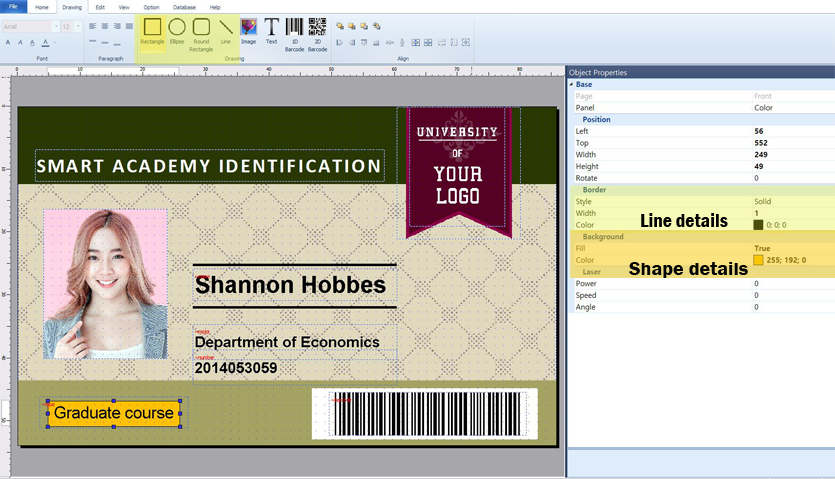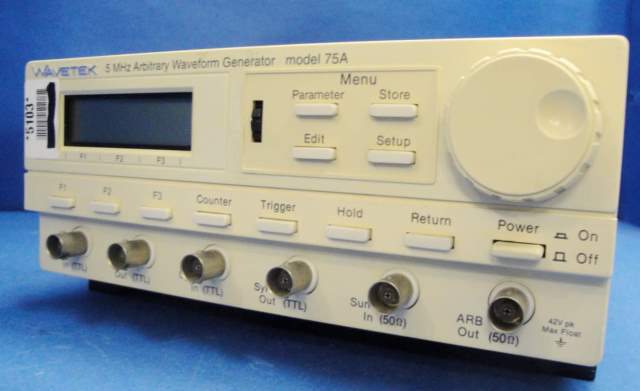
If you were to then measure the state of the qubit, it would collapse randomly into either 0 or 1 with equal probability.Įven more bizarrely, quantum gates that act on two or more qubits at once can cause the qubits to become “entangled” with each other. For example, one kind of gate can put a qubit that starts with an initial value 0 into a superposition of 0 and 1. Just as classical computers act on classical bits using so-called logic gates, quantum computers manipulate qubits using the quantum equivalent, known as quantum gates.īut quantum gates can put qubits into strange states. The quantum computer starts with all its quantum bits - qubits - in a certain state. But for a quantum computer, the task is expected to remain relatively straightforward, whether it involves five bits or 50. Instead, it will randomly output a binary number that’s, say, 50 bits long, after being given a distribution that specifies the desired probability for each possible 50-bit output string.įor a classical computer, the task becomes exponentially harder as the number of bits in the string gets larger. Of course, an algorithm isn’t going to reach into a literal bag and pull out tiles. The higher the probability specified for any tile in the distribution, the more likely it is that the algorithm will output that tile. In this case, you’re twice as likely to pull out a tile labeled 010 as you are to pull out a tile labeled 001.Ī sampling task involves a computer algorithm that does the equivalent of reaching into a box with a certain distribution of tiles and randomly extracting one of them. This distribution of tiles determines the likelihood that you’ll randomly pull out a certain tile. There might be 50 tiles labeled 010 and 25 labeled 001. But there can be multiple copies of each labeled tile in the box.

If there are just three bits, there are eight possible options. Each tile has a few 1s and 0s etched onto it - 000, 010, 101 and so on. To understand the task, imagine you are given a box filled with tiles.
SA ID NUMBER GENERATOR HOW TO
One recent proposal for how to pull randomness out of a single device - a quantum computer - exploits a so-called sampling task, which will be among the first tests of quantum supremacy. And finally, some of the most effective methods for generating verifiable randomness require finicky setups with multiple devices separated by great distances. In addition, it’s extremely difficult to prove to a skeptic that these random-number generators really are random. And while these systems are more than sufficient for most people’s randomness needs, they can be hard to work with. These all rely on measurements of some kind of quantum superposition.

Physicists have been exploiting this connection to create random-number generators. And while quantum theory allows you to calculate probabilities for what you’ll find when you do your measurement, the particular result is always fundamentally random. In the quantum world, systems are often said to be in a combination of states - in a so-called “superposition.” When you measure the system, it will “collapse” into just one of those states. In both cases, the former is an unavoidable consequence of the latter. Randomness and quantum theory go together like thunder and lightning. “We are hoping that this is the first application of a quantum computer.” Randomness and Entropy “We are really excited about it,” said John Martinis, a physicist at the University of California, Santa Barbara, who heads Google’s quantum computing efforts. Those first tasks, initially intended to simply show off the technology’s prowess, could also produce true, certified randomness. That could change once quantum computers demonstrate their superiority. Genuine, verifiable randomness - think of it as the property possessed by a sequence of numbers that makes it impossible to predict the next number in the sequence - is extremely hard to come by. In particular, it’s used to encrypt data, protecting everything from mundane conversations to financial transactions to state secrets. Randomness is crucial for almost everything we do with our computational and communications infrastructure. Until recently, these tasks were thought to have little real-world use, hence the eye rolls.īut now that Google’s quantum processor is rumored to be close to reaching this goal, imminent quantum supremacy may turn out to have an important application after all: generating pure randomness. The phrase refers to the idea that quantum computers will soon cross a threshold where they’ll perform with relative ease tasks that are extremely hard for classical computers.


Say the words “quantum supremacy” at a gathering of computer scientists, and eyes will likely roll.


 0 kommentar(er)
0 kommentar(er)
